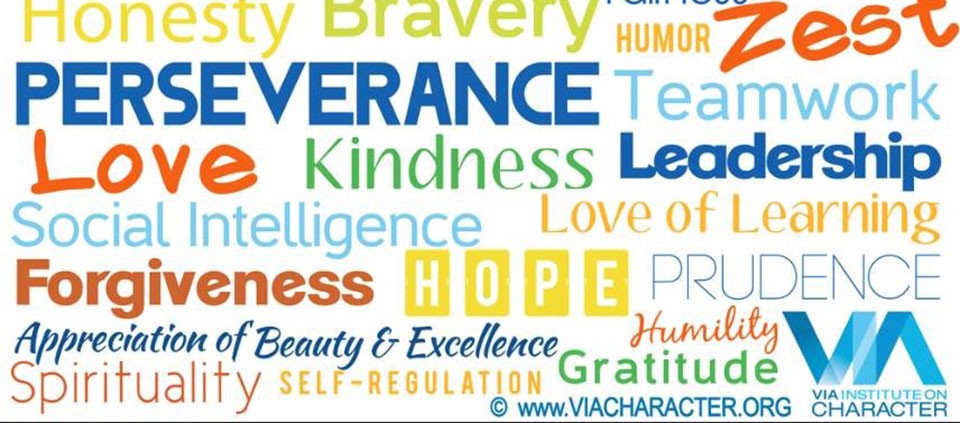How to Use Your Strengths to Navigate Transitions in the Workplace

How you welcome a new hire or say goodbye to an employee sets the tone for relationships at work. These major transitions highlight your values, how you respect individuals, and how each person fits into the organization as a whole, whether they are just beginning in the position or leaving the team. These big shifts reinforce how you want to lead and the culture you want to set. As Annie Dillard writes, “How we spend our days is, of course, how we spend our lives.” That same sentiment holds true for how you say hello—and goodbye—to employees.
Leading these big shifts demonstrates to yourself and others how you handle everyday transitions. Like the seasons, there is a time for growth, and a time for leaves falling. Can we, as leaders, hold both with equanimity?
Not long ago, the Kripalu RISE team said goodbye to a dear colleague who had decided to spend more time at home with her new baby. She had planned to come back to work full-time after maternity leave; the schedule was set, her intention was clear, but, as the reality of coming back to work played out, it became clear how much her priorities had shifted. She made the decision to leave so she could stay at home with her daughter. Soon after, the RISE team said hello to her replacement.
The 24 Character Strengths
Saying goodbye to one person, then hello to another, was an opportunity to connect positively during a major milestone. Both employees choose to serve through Kripalu, and we wanted to celebrate that. So we honored both by focusing on their VIA Character Strengths.
The VIA character strengths are 24 universally admired virtues, such as bravery, honesty, perseverance, love of learning, zest, kindness, humor, and love. Across cultures, these are strengths that humans have identified and value. And every one of us has all 24. Although we may apply some more than others, we each have the capacity—no matter how latent—to bring them all to life.
We all want to work with people who use their best qualities—it makes for a much more pleasant work environment. That’s why we teach about character strengths in the RISE stress-resilience training. Connecting with self and others through a strengths-based lens sets the stage for fertile, positive, and constructive relationships—with both self and others.
A Strengths-Spotting Circle
Back to our RISE employee transition. Sitting in a circle, we spread out a set of VIA Character Strengths cards. Then we did some “strength-spotting”—picking out cards that related to our outgoing and incoming colleagues.
For our goodbye, we pulled cards that spoke of the rich history of our work together. Each person wove a story of strengths use throughout the years. We recalled specific times when she had pulled on these strengths. We talked about how much we valued her contribution, and how important those strengths were to her new adventure as a mom.
For our hello, we used the cards to name what we were already recognizing as our new employee’s strengths. We claimed those strengths as vital to the mission as he dove deeper into the role. Even after a few short weeks, it’s easy to see someone’s strengths if you’re looking for them. I’d go even further and say that you can spot another person’s strength after just a five-minute conversation. Strength-spotting is a mental attitude that can be cultivated, so it becomes our natural way of looking at another human being.
The negativity bias is the tendency of the brain to notice what’s wrong, what’s not working, the problem that needs to be fixed. Strengths-spotting is the opposite practice—overcoming this natural tendency by focusing attention on what is working, what is right, what there is to be celebrated. You can do this not only during major transitions, but as an everyday practice.
We wanted our mom heading out to leave feeling empowered and strong. We wanted our new addition to enter feeling welcomed and safe.
What would your leadership look like if you approached each interaction as an opportunity to spot a strength in another?
Megan McDonough is the Global Director of Growth for the Women President's Organization and the founder of Wholebeing Institute, a leading organization in the field of positive psychology.
Full Bio and Programs